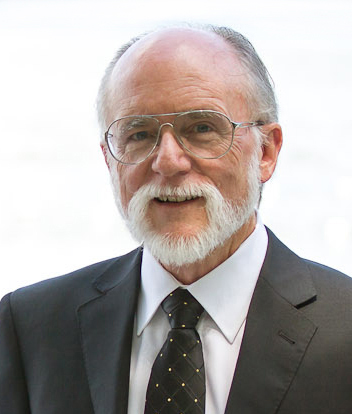
Achieving good outcomes in the social sector-working with clients in the health, education, justice, or other arenas-is a complex undertaking. First, this sector involves the general public, authorities and, often the intended beneficiaries of services, in decisionmaking processes that have impacts on both policy and practice. Second, policy and practice decisions are often made at multiple jurisdictional levels; from national to state to local. Third, positive social outcomes are dependent not only on what happens when working directly with intended beneficiaries, but also on conditions, policies, and actions in the broader society. Finally, answers about what "should" to be done to improve outcomes in social sectors are often complex, hard to find, or nonexistent. Drawing on issues in education, public health, and urban development this presentation will suggest ways that evaluators can provide support to manage the complex systems in which they operate. It will draw examples of initiatives in the United States that have engaged evaluators in providing services, research, and data in ways that are most helpful in pursuing effective improvement efforts.
For more information about Steve Fleischman, see his full curriculum vitae [PDF].



